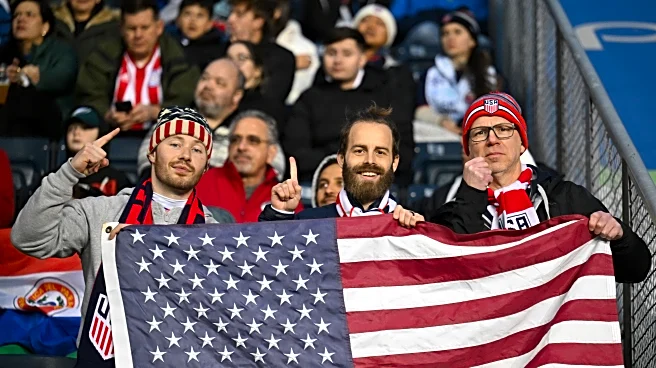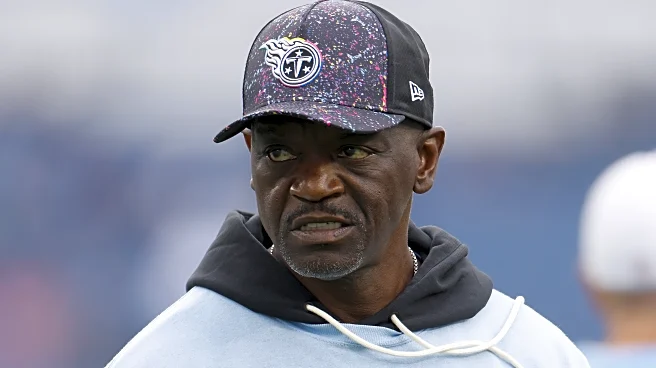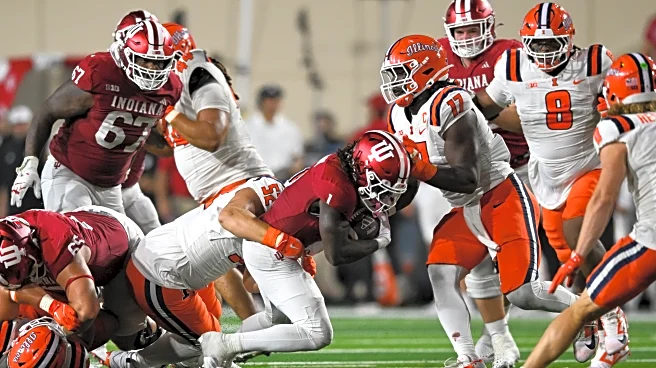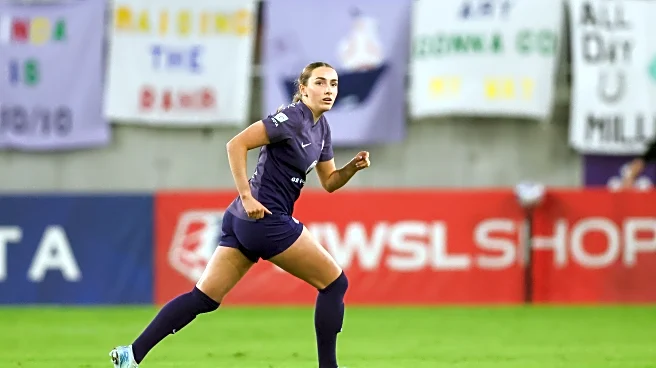Soccer, particularly men’s soccer, in the United States occupies an idiosyncratic space in the nation’s sports landscape. The domestic league is growing but not the main focus of American sports fans and is far
from the best in the world; in fact, it is not the most popular soccer league in the country. Meanwhile, the US Men’s National Team doesn’t really have a comparable counterpart when it comes to sports in the US and, in fact, is not the most popular men’s national team in the country. Perhaps Olympic basketball, or the Olympics more broadly, compares but that’s more of an American all-star team that shows up every four years expected to win a gold medal while the USMNT plays regularly in games of varying importance until the World Cup which it is not expected to win.
That said, there’s a disconnect between the expectations around the team, fan support, and how much space the team occupies in the minds of American sports fans. Recent comments from Mauricio Pochettino highlight this when the manager called for fans to support the team saying, “In Argentina, Argentina is more important than any name. In Brazil, the same. In England, the same. In Spain, the same.”
He noted that fans aren’t following the USMNT in the same way, saying “In every country, it’s the same. So we need our fans to follow and support the national team. We need to build that relationship.” This comes after he practically begged fans to support the team after a loss to South Korea in September.
He’s not alone in discussing how fan support is deficient in the United States compared to the rest of the world. Landon Donovan called supporter chants in the US boring and told the Unfiltered Soccer Podcast, “Chanting something like, ‘Timmy Howard.’ It’s like, guys, do something fun. If you scroll through social media or Instagram and come across fun or famous chants in the U.K., they’re so creative and brilliant whether you like it or not.” Indeed, two World Wars and one World Cup is the height of creativity.
At the end of the day, Poch and Donovan are right. Soccer in the US is not the same as it is in countries like Argentina, Brazil, Mexico, the UK, Germany, Spain, Italy – the list goes on. However, these views aren’t new and have been parroted by fans, coaches, players, and pundits for over a decade. They come from a place of unrealistic expectations and the assumption that because the United States is doing something it must be the best at it and reflect an unease Americans have when that is not the case.
When the USMNT opens the 2026 World Cup, it will be poised for the biggest opportunity in the program’s history. There will be hype, media coverage, and players will have a chance to turn into legends. And yet, with just months to go before the tournament kicks off, the manager is pleading with fans to pay attention to the team.
Growing the sport and an identity around it is an ongoing process and the US Soccer Federation announced its “Pathway Strategy” to grow the game by making it more accessible to youth players and try to foster a common philosophy amongst clubs so that young players can be successful in the sport. Ultimately, the plan is to leverage the most played sport in the country and its incredible financial growth over the last decade more effectively with events like the 2026 World Cup, 2028 Olympics and 2031 World Cup the US is bidding to host.
All of this speaks to a country that is forging its own identity within the sport and navigating a unique sports entertainment market compared to nations where soccer is the national sport. The chants won’t sound like they do in England, the support won’t be the same as it is in Argentina, the development won’t be the same as it is in Iceland or France or Germany, and there isn’t promotion and relegation to solve all of these problems.
Expecting that the United States men will be an exceptional force that galvanizes supporter passion in a very short modern history compared to countries that don’t have generational attachments to other national pastimes reflects vain presumptions that discount how expansively the sport has developed. It also takes away from the joy the that can come along the way as the sport and the USMNT grow a unique, vibrant culture that doesn’t need to be measured against those of other nations. Ultimately, the support for the team and its identity will emerge on its own and cannot be outsourced to another country.









